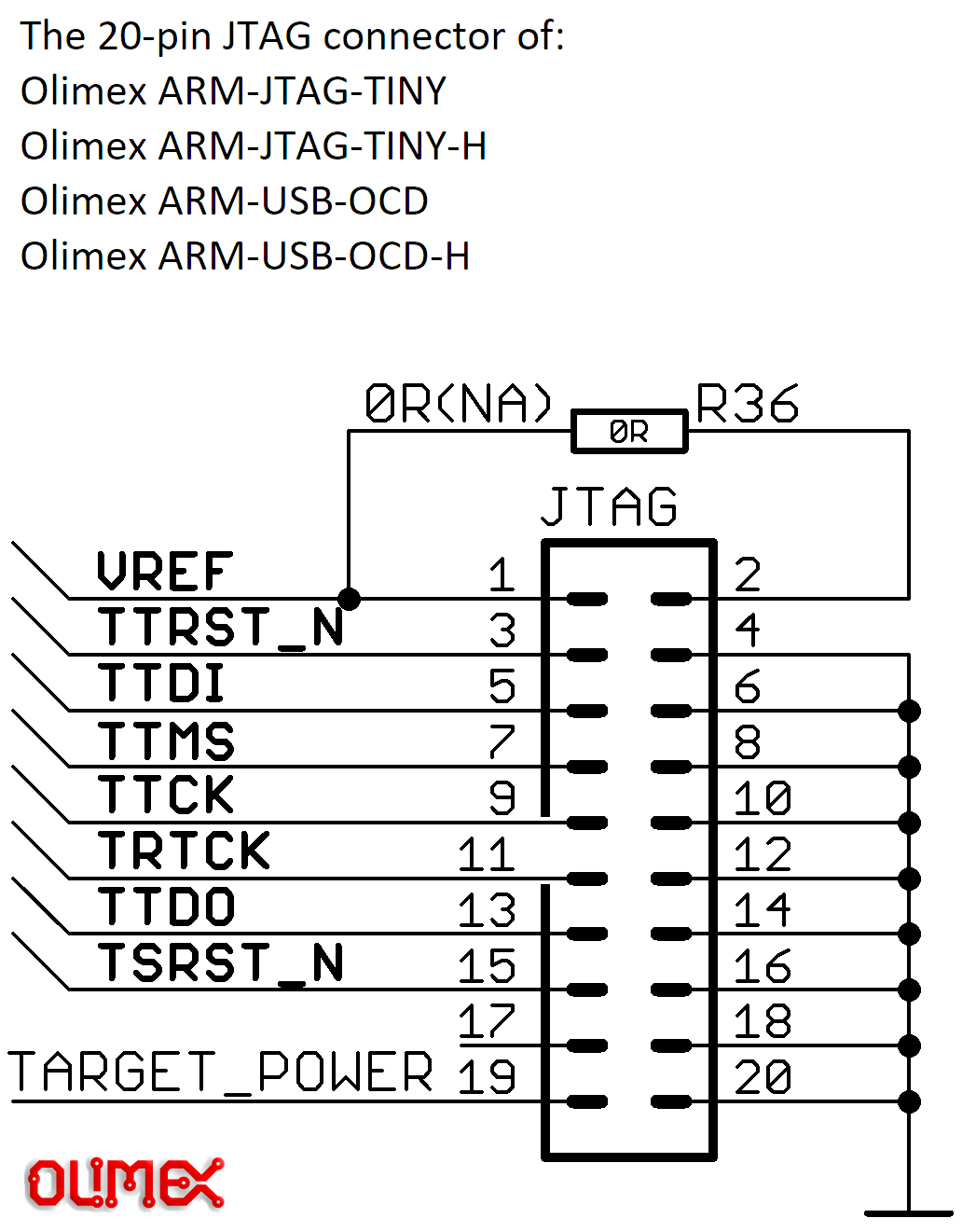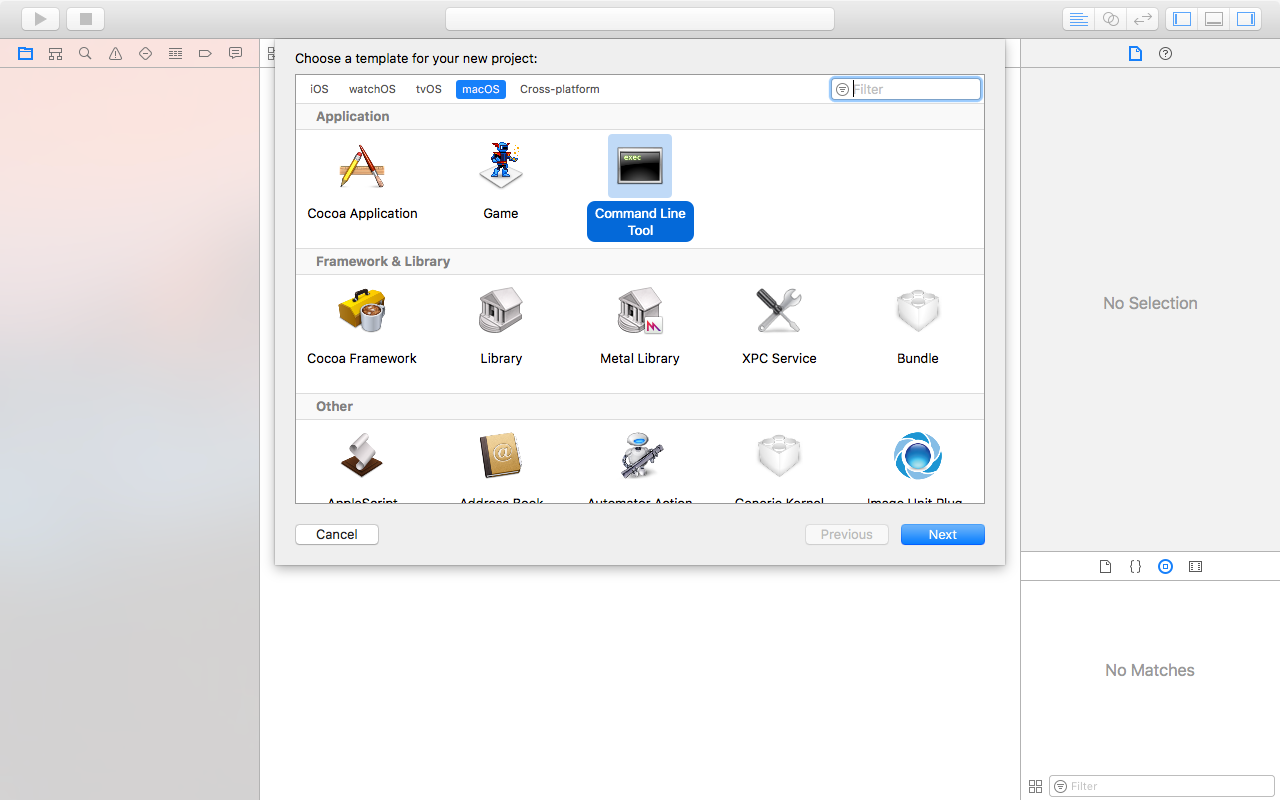| Developer(s) | Fabrice Bellard |
|---|---|
| Stable release | |
| Repository | repo.or.cz/w/tinycc.git |
| Written in | C and Assembly[citation needed] |
| Operating system | Linux, Unix, Windows |
| Type | |
| License | LGPLv2.1 |
| Website | bellard.org/tcc/ |
The Tiny C Compiler (a.k.a. TCC, tCc, or TinyCC) is an x86, X86-64 and ARM processor Ccompiler created by Fabrice Bellard. It is designed to work for slow computers with little disk space (e.g. on rescue disks). Windows operating system support was added in version 0.9.23 (17 Jun 2005). TCC is distributed under the GNU Lesser General Public License.
TCC claims to implement all of ANSI C (C89/C90),[1] much of the C99 ISO standard,[2] and many GNU C extensions including inline assembly.
When writing a code in C language, compiling it will be the most important step as the code can be run only after that. There are many C compilers for windows 7 64-bit available that can be used for this purpose. C compiler for windows 8 can be used on the Windows 8 platform and works the same way as any C compiler for windows free download. OF COURSE you can use Xcode to code and compile C. That’s how the engineers at Apple do it! Chris Lattner and his compiler team were well known to be big fans of C.
Features[edit]

TCC has a number of features that differentiate it from other current C compilers:
- Its small file size (about 100 KB for the x86 TCC executable) and memory footprint allow it to be used directly from a single 1.44 M floppy disk, such as a rescue disk.
- TCC is intended to produce native x86, x86-64 and ARM code very quickly; according to Bellard, it compiles, assembles and links about nine times faster than GCC does.[3]
- TCC has a number of compiler-specific language features intended to improve its practicality, such as an optional memory and bound checker, for improved code stability.
- TCC allows programs to be run automatically at compile time using a command-line switch. This allows programs to be run as a shell script under Unix-like systems that support the shebanginterpreter directive syntax.
Compiled program performance[edit]
In general, TCC's implementation emphasizes smallness instead of optimally-performing results. TCC generates code in a single pass, and does not perform most of the optimizations performed by other compilers. TCC compiles every statement on its own, and at the end of each statement register values are written back to the stack and must be re-read even if the next line uses the values in registers (creating extraneous save/load pairs between statements). TCC uses only some of the available registers (e.g., on x86 it never uses ebx, esi, or edi because they need to be preserved across function calls).[4]
TCC performs a few optimizations, such as constant propagation for all operations, multiplications and divisions are optimized to shifts when appropriate, and comparison operators are specially optimized (by maintaining a special cache for the processor flags). It also does some simple register allocation, which prevents many extraneous save/load pairs inside a single statement.
C Compiler For Macbook
Apps must have for mac. Here are two benchmark examples:
- A recursive Fibonacci algorithm on a 1.8 GHz Intel Centrino laptop with 512 MB RAM yields a noticeable difference in results between Microsoft Visual C++ compiler 13.10.3052 and TCC. To calculate the 49th Fibonacci number, it took a MS Visual C++ program approximately 18% longer than the TCC compiled program.[citation needed]
- With a tcc modified to compile GCC, running cc1 (the GCC C compiler) on itself required 518 seconds when compiled using GCC 3.4.2, 558 seconds using GCC 2.95.3, 545 using Microsoft C compiler, and 1145 seconds using tcc. The level of optimization in each compiler was -O1 or similar.[5]
Uses[edit]
- TCCBOOT,[6] a hack where TCC loads and boots a Linux kernel from source in about 10 seconds. That is to say, it is a 'boot loader' that reads Linux kernel source code from disk, writes executable instructions to memory, and begins running it. This did require changes to the Linux build process.
- TCC was used to demonstrate a defense against the trust attack.[7]
- TCC has been used to compile GCC, though various patches were required to make this work.[8]
- Cinpy[9] is a Python library that allows you to implement functions with C in Python modules. The functions are compiled with TCC at runtime. The results are made callable in Python through the ctypes library.
- Comes installed on JavaScript Linux[10] (also by Bellard).
- Has been used as a reference for the compiled version of the super micro-max chess program source.[11]
History[edit]
TCC has its origins in the Obfuscated Tiny C Compiler (OTCC), a program Bellard wrote to win the International Obfuscated C Code Contest (IOCCC) in 2001. After that time, Bellard expanded and deobfuscated the program to produce tcc.[12]
IN NO EVENT WILL XEROX OR ITS LICENSORS BE LIABLE TO YOU FOR ANY SPECIAL, INDIRECT, INCIDENTAL OR CONSEQUENTIAL DAMAGES (INCUDING BUT NOT LIMITED TO DAMAGES RELATED TO DATA LOSS, LOST PROFITS OR BUSINESS INTERRUPTION) IN ANY WAY ARISING OUT OF OR RELATING TO THE SUBJECT MATTER OF THIS AGREEMENT, EVEN IF XEROX OR ITS LICENSORS HAS BEEN ADVISED OF THE POSSIBILITY OF SUCH DAMAGES AND EVEN IF THE ABOVE REMEDY FAILS OF ITS ESSENTIAL PURPOSE. THE LIMITATIONS OF LIABILITY SET FORTH HEREIN MAY NOT APPLY IN CERTAIN JURISDICTIONS AND THUS MAY NOT APPLY TO YOU; IN SUCH CASES, XEROX'S AND ITS LICENSORS' LIABILITY HEREUNDER SHALL BE THE MINIMUM REQUIRED BY LAW.6. LIMITATION OF LIABILITY. Notwithstanding any damages that you might incur, the entire liability of Xerox and its licensors under this Agreement and your exclusive remedy will be limited to the greater of the amount actually paid by you for the Software or U.S. Print drivers for mac os. Xerox will not be liable for any infringement-related liability outside the scope of this section, including, without limitation, infringement based upon the Software being modified to your specifications or due to the Software being used in combination with equipment, software or supplies not provided by Xerox.5.
At some time prior to 4 February 2012 Fabrice Bellard updated the project's official web page to report that he was no longer working on TCC.[13]
Since Bellard's departure from the project, various people and groups have distributed patches or maintained forks of TCC to build upon or fix issues with TCC. This includes Dave Dodge's collection of unofficial tcc patches,[14] Debian and kfreebsd downstream patches,[15] and grischka's gcc patches.[5] Grischka also set up a public Git repository for the project[16] that contains a mob branch[17] where numerous contributions, including a shared build, cross-compilers, and SELinux compatibility were added. Grischka's GIT repository later became the official TCC repository (linked to by Fabrice Bellard's Savannah project page [18]).
Current status[edit]


As of December 2017 both the official TCC mailing list[19] and the official Git repository (as linked to by Fabrice Bellard's Savannah project page[20]) show active discussion and development by many developers and interested users. In December 2017, grischka announced on the mailing list that TCC version 0.9.27 was released [21].

See also[edit]
C Compiler For Macos Catalina
- Portable C Compiler (PCC)
References[edit]
- ^Tiny C Compiler Reference Documentation accessed on 2008-08-07
- ^According to the project's TODO list complex types are the only missing C99 feature. Variable Length Arrays have been added in TCC 0.9.26
- ^Tiny C Compiler homepage
- ^Glöckner, Daniel. Re: Tinycc-devel (no subject), September 8, 2006.
- ^ abgrischka, GCC by TCC (some fixes), 29 Sep 2005
- ^TCCBOOT
- ^Wheeler, David A. Countering Trusting Trust through Diverse Double-Compiling. ACSAC.
- ^tinycc-devel (thread)
- ^CinpyArchived 2008-11-20 at the Wayback Machine
- ^JavaScript Linux
- ^Super Micro-Max Chess Engine
- ^Bellard, Fabrice. Obfuscated Tiny C Compiler
- ^The oldest archive.org snapshot of the TCC home page showing Fabrice Bellard's announcement of ceasing work on TCC.
- ^Dave Dodge's collection of unofficial tcc patchesArchived 2007-03-31 at the Wayback Machine
- ^Debian and kfreebsd downstream patches
- ^grischka, Public Git Hosting for tcc
- ^grischka, mob branch for tcc
- ^Official Savannah project page
- ^Official TCC mailing list
- ^Official Git source code repository
- ^Official TCC mailing list, 2017-12-27 entry
External links[edit]
- PTSource IDE-Integrated Development Environment includes TCC.
Compiler For C Language Download
